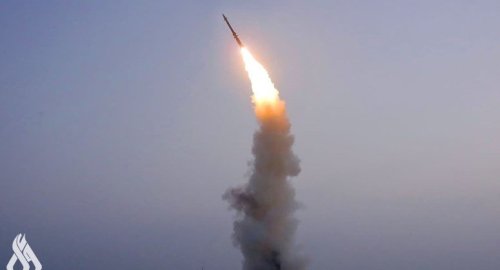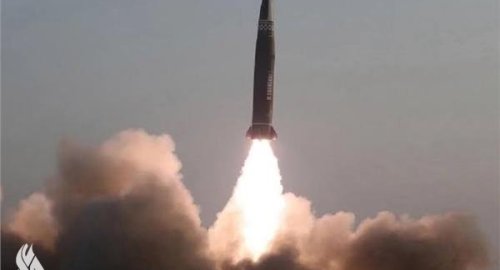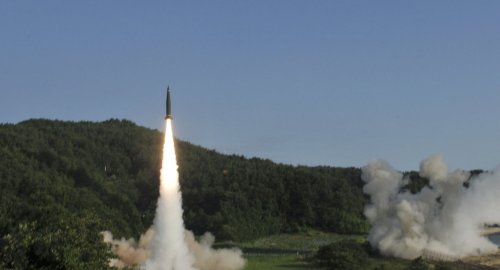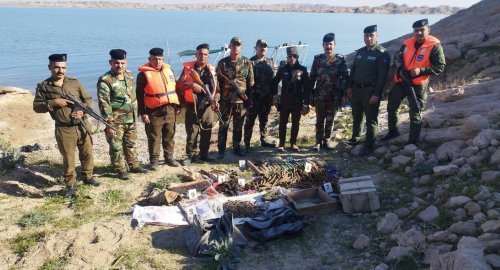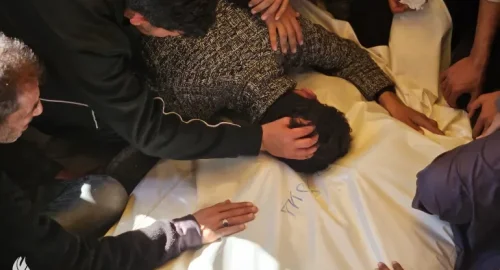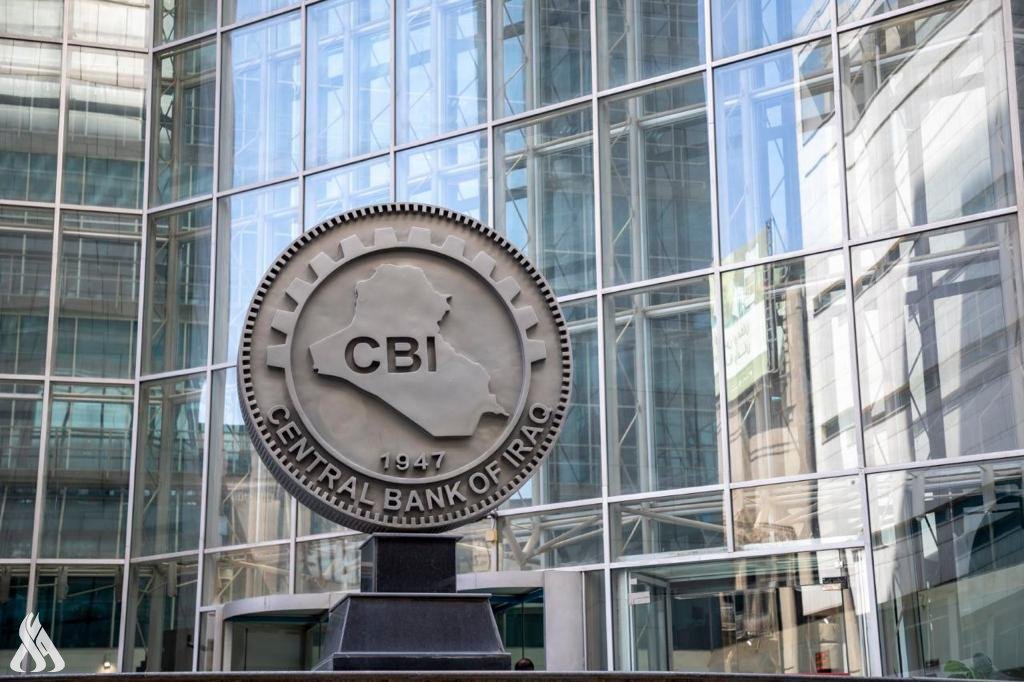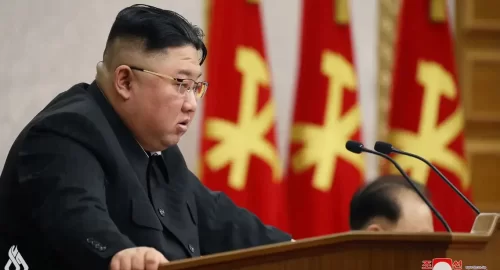
North Korea confirms its 1st COVID-19 case over 2 years into pandemic

- 12-05-2022, 10:04
INA- sources
North Korea confirmed its first COVID-19 infections of the pandemic Thursday after holding for more than two years to a widely doubted claim of a perfect record keeping out the virus that has spread to nearly every place in the world.
The official Korean Central News Agency said tests of samples collected Sunday from an unspecified number of people with fevers in the capital, Pyongyang, confirmed they were infected with the omicron variant.
In response, leader Kim Jong Un called for a thorough lockdown of cities and counties and said workplaces should be isolated by units to block the virus from spreading, KCNA said.
The country’s population of 26 million is believed to be mostly unvaccinated, after its government shunned vaccines offered by the U.N.-backed COVAX distribution program, possibly because those have international monitoring requirements
Kim during a ruling party Politburo meeting called for officials to stabilize transmissions and eliminate the infection source as fast as possible, while also easing the inconveniences to the public caused by the virus controls. Kim said “single-minded public unity is the most powerful guarantee that can win in this anti-pandemic fight,” KCNA said.
Despite the decision to elevate anti-virus steps, Kim ordered officials to push ahead with scheduled construction, agricultural development and other state projects while bolstering the country’s defense postures to avoid any security vacuum.
North Korea’s announcement of the infections came after NK News, a North Korea-focused news site, cited unidentified sources who said authorities had imposed a lockdown on Pyongyang residents. South Korea’s government said it couldn’t confirm the report.
It isn’t immediately clear how large the North’s outbreak is. The North will likely double down on lockdowns, even though the failure of China’s “zero-COVID” approach suggests that approach doesn’t work against the fast-moving omicron variant, said Leif-Eric Easley, a professor of international studies at Seoul’s Ewha Womans University.
“For Pyongyang to publicly admit omicron cases, the public health situation must be serious,” Easley said. “This does not mean North Korea is suddenly going to be open to humanitarian assistance and take a more conciliatory line toward Washington and Seoul. But the Kim regime’s domestic audience may be less interested in nuclear or missile tests when the urgent threat involves coronavirus rather than a foreign military.”
Experts say a major COVID-19 outbreak would be devastating in North Korea because of the poor health care system and could possibly trigger instability when combined with other problems like serious food shortages.
North Korea’s previous coronavirus-free claim had been disputed by many foreign experts. But South Korean officials have said North Korea had likely avoided a huge outbreak, in part because it instituted strict virus controls almost from the start of the pandemic.
Early in 2020 — before the coronavirus spread around the world — North Korea took severe steps to keep out the virus and described them as a matter of “national existence.” It quarantined people with symptoms resembling COVID-19, all but halted cross-border traffic and trade for two years, and is even believed to have ordered troops to shoot on sight any trespassers who crossed its borders.
North Korea had been one of the last places in the world without an acknowledged COVID-19 case after the virus first detected in the central Chinese city of Wuhan in late 2019 spread to every continent including Antarctica. Turkmenistan, a similarly secretive and authoritarian nation in Central Asia, has reported no cases to the World Health Organization, though its claim also is widely doubted by outside experts.
In recent months, some Pacific island nations that kept the virus out by their geographic isolation have recorded outbreaks. Only tiny Tuvalu, with a population around 12,000, has escaped the virus so far, while a few other nations – Nauru, Micronesia and Marshall Islands – have stopped cases at their borders and avoided community outbreaks.
North Korea’s confirmed outbreak comes as China — its close ally and trading partner — battles its biggest outbreak of the pandemic.
North Korea in January tentatively reopened railroad freight traffic between its border town of Sinuiju and China’s Dandong for the first time in two years, but China halted the trade last month due to an outbreak in Liaoning province, which borders North Korea.
Most of the Liaoning city of Dandong has been under lockdown since late April, and in another city, Yingkou, 78 new cases were found Wednesday. Another border province, Jilin, had a major outbreak earlier with tens of thousands of cases, but that has largely receded.
The outbreaks in northeastern China have been overshadowed by the huge outbreak that has locked down Shanghai for weeks, as well as a small outbreak in Beijing that has prompted a raft of pandemic-related restrictions in the nation’s capital.
It’s unusual for North Korea to admit the outbreak of any infectious disease though Kim has occasionally been candid about national and social problems and policy failures.
During a flu pandemic in 2009 when the country was ruled by his father, Kim Jong Il, North Korea said that nine people in Pyongyang and the northwestern border town of Sinuiju had contracted the flu. Some outside experts said at the time the admission was aimed at winning outside aid.
Diyala Police seize a stack of ammunition in Hamrin Hills
- Security
- 08:06
Iraqi Student Wins Third Place Worldwide for Inventing Cancer Detection Device
- Investigations and reports
- 06:28
15 martyrs in Gaza since this morning as the Zionist bombing continues
- International
- 06:07
Iraq vs Saudi Arabia match kicks off, Arabian Gulf Cup 26
- Sport
- 24/12/28
CBI: We have achieved a great achievement in abroad remittance
- Economy
- 25/01/01
Real Madrid becomes Arnold's new home
- Sport
- 24/12/28
Oman wins over Saudi Arabia to reach Gulf Cup 26 final
- Sport
- 24/12/31
